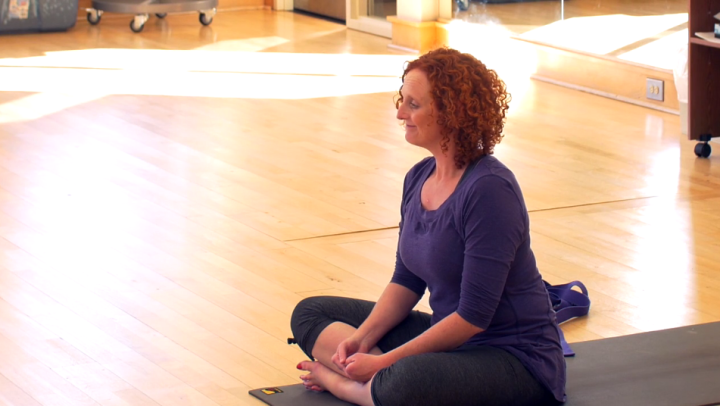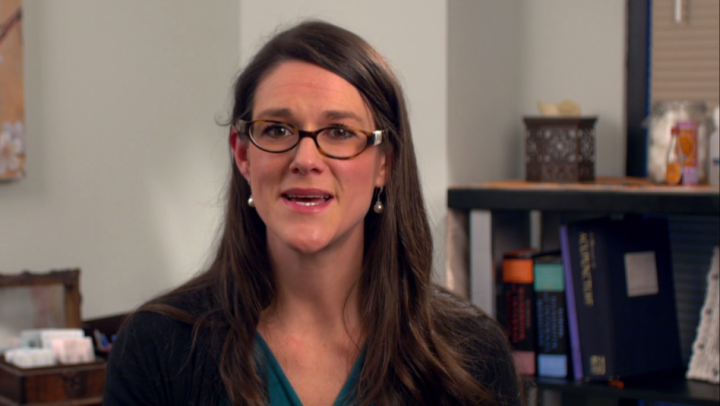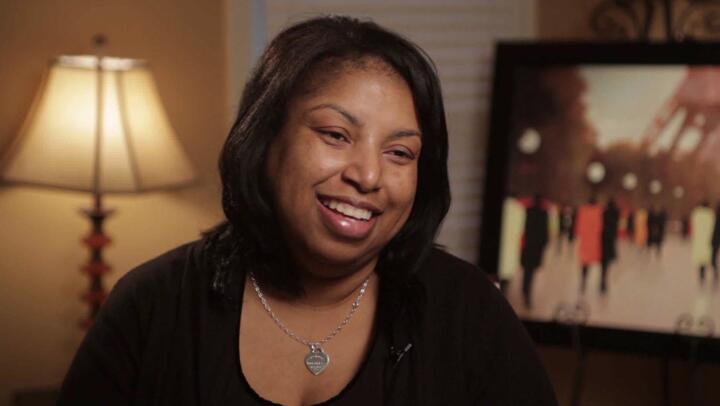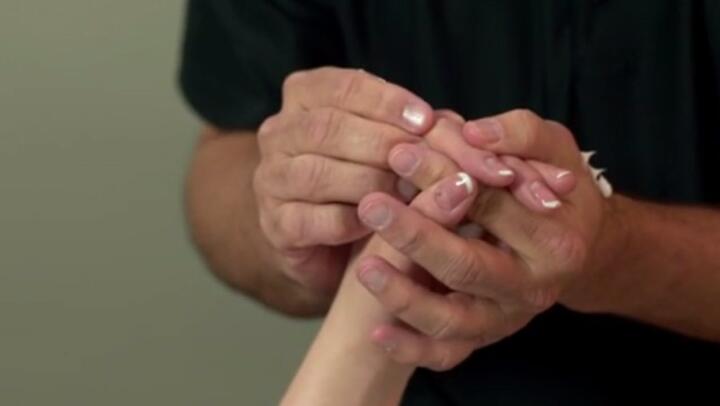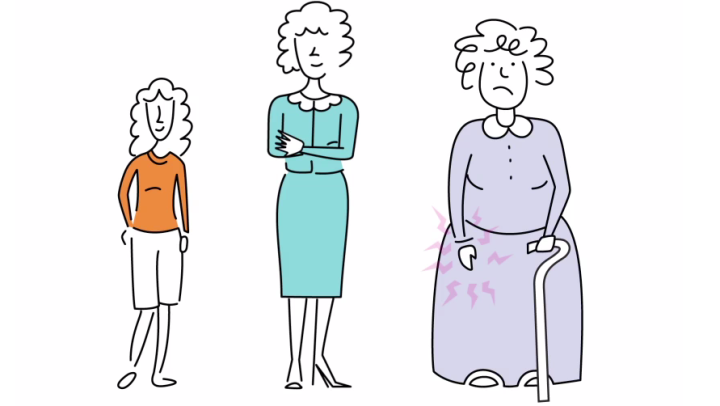
Rheumatoid arthritis (RA) is an inflammatory autoimmune disease that can wreak havoc on the joints, making them swollen, stiff and painful. With the right treatment, however, you can manage RA symptoms and prevent further damage to your joints.
Unfortunately, even people with well-controlled RA can experience periodic flare-ups, in which symptoms worsen. Rheumatologist Paul Sutej, MD, discusses the questions he hears most often from his patients about managing RA flare-ups.
1. Q: How would you define a rheumatoid arthritis flare-up?
A: A flare is a temporary worsening of RA symptoms. Someone may feel that they were doing fine but they’ve suddenly regressed and their symptoms have escalated. They’re either feeling more stiff, more swollen, they’ve lost function in their joints; overall, there’s been a dramatic decline in the way they feel. Flare-ups can last a couple of days, a few weeks, or even several months.
2. Q : Does every RA patient experience flare-ups?
A: Flare-ups are typical of the disease. We’re not sure exactly what triggers them, but it seems that high levels of stress and possibly infections, among other things, may play a role.
3. Q: How do you treat flare-ups?
A: It’s important that patients get in touch with their doctor as soon as possible once they realize they’re having a flare. The flare will usually be addressed with a little bump of steroids, which are quick-responding drugs that can make you feel better within 8 to 10 hours. We try to keep steroid dosages to a minimum, so if you don’t respond to the brief steroid use, I know you’ve got something more sinister going on, and we go from there.
4. Q: What can I do to prevent RA flare-ups?
A: That’s a difficult question, because there’s not much people can do. Flare-ups usually occur spontaneously and they’re not very predictable. Some people might argue differently, but I don’t think there’s any behavior you can do pre-emptively to minimize the flare. Sometimes, if you notice symptoms early, you’ll have a better chance at controlling the flare. I have some very experienced patients who have been through this many times and understand the nuances of their condition, and I may give them prednisone to keep on hand, accompanied by a standard algorithmic treatment strategy. They have the innate ability to read their disease process. It’s all about having a good relationship with your physician so you both understand what should be done if symptoms worsen.













